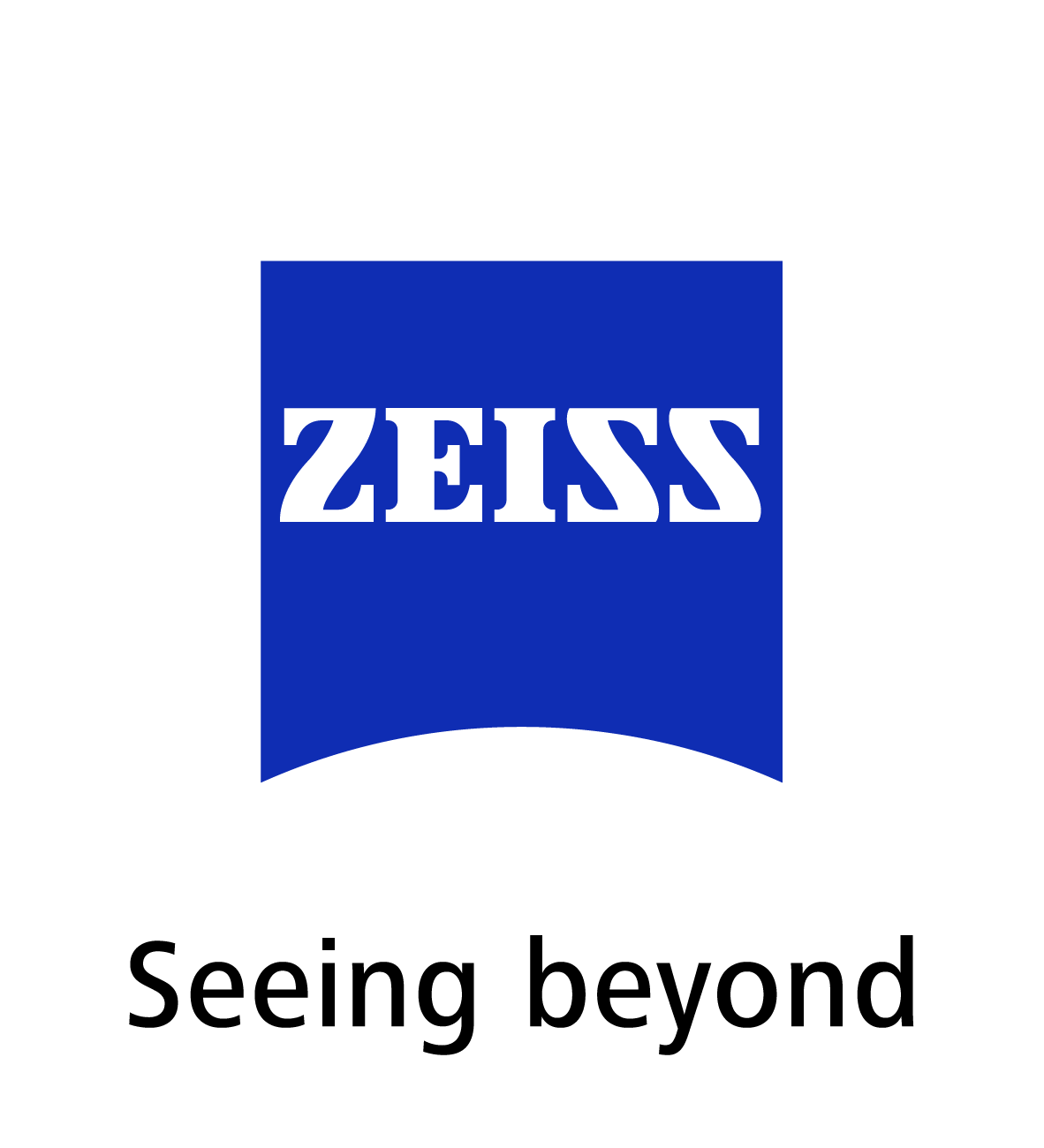Invited Keynote Lecturers
Dr. Richard Quintanilha
Optical System Engineer, Corporate Research & Technology
Carl Zeiss AG, Carl-Zeiss-Straße 22, 73447 Oberkochen, Germany
Dr. Richard Quintanilha received his PhD degree in physics from the University of Grenoble, France in 2005, for his research in spectroscopic scatterometry carried out within Crolles 2 Alliance and CEA\LETI. He joined the National Institute for Standard and Technology (NIST), The USA, Gaithersburg, MD in 2006 where he worked in the development and research of an UV transmission microscope and a deep UV reflective microscope for standards and metrology mainly dedicated to microelectronic industry process control (CD measurement, defectivity, etc.). He joined ASML Research Netherlands B.V. Veldhoven, The Netherlands in 2010 in the Sensors, Metrology and Computational Modeling (SMC) group where his work was focused on metrology for future technology nodes. He joined in 2018 ZEISS-SMT in Oberkochen, Germany. His work was focused on metrology for EUV mirror characterization. Since 2022, He works in ZEISS AG Corporate Research and Technology as an Optical System Engineer.
Title of the talk: Carl ZEISS and Metrologies
General introduction to ZEISS group and its different Segments with a special place for the Semiconductor Manufacturing Technology Segment. The talk will focus on manufacturing and associated metrology requirements challenges through some examples coming from different segments of the company. A more detail presentation of the DUV-EUV optics manufacturing and metrology is discuss.
Poul Erik Hansen
Principal scientist at DFM
Kogle Alle 5, DK-2970 Hørsholm, Denmark
Poul-Erik Hansen got his Ph.D. in Physics in 1998 at Aalborg University, Denmark. Since 2006 he has worked as a research scientist at Danish Fundamental Metrology in the field of surface metrology, scatterometry as well as ellipsometry and confocal microscopy. He also has an expertise in advanced mathematical modeling of the light matter interaction. Poul-Erik is a leader of several Danish projects on optical Metrology and scattering of nanosized objects and has authored more than 60 papers in international peer reviewed journals.
Title of the talk: Traceability and uncertainty in optical measurements
The talk is meant to provide users of metrology and the general public with a simple yet comprehensive overview on the subject. It targets those who are not familiar with the topic and who require an introduction, as well as those who are involved in metrology at various levels but who want to know more about the subject or simply gain specific information. Metrology is the science of measurements and covers three main activities. 1) The definition of internationally accepted units of measurement, 2) The realization of units of measurement by scientific methods and 3) The establishment of traceability chains by determining and documenting the value and accuracy of a measurement and disseminating that knowledge. This talk focuses on the third aspect and we will show examples of current work to establish an internationally recognized traceability chain for optical microscopy, reflectometry, scatterometry and ellipsometry at the micrometer and nanometer scale. To do this we need measurement institutes/companies that can provide high quality measurement, fabrication institutes/ companies that can manufacture high quality physical samples and a protocol for how each participant should measure and analyze the samples to obtain the required measurand and uncertainty. All the data will then be compared and checked for internal conformity and if available conformity with reference measurement from an established traceability chain.
The talk also will address measurement techniques such as optical microscopy, spectroscopic scatterometry, spectroscopic ellipsometry and reflectometry as well as data processing and the measurement uncertainty.

